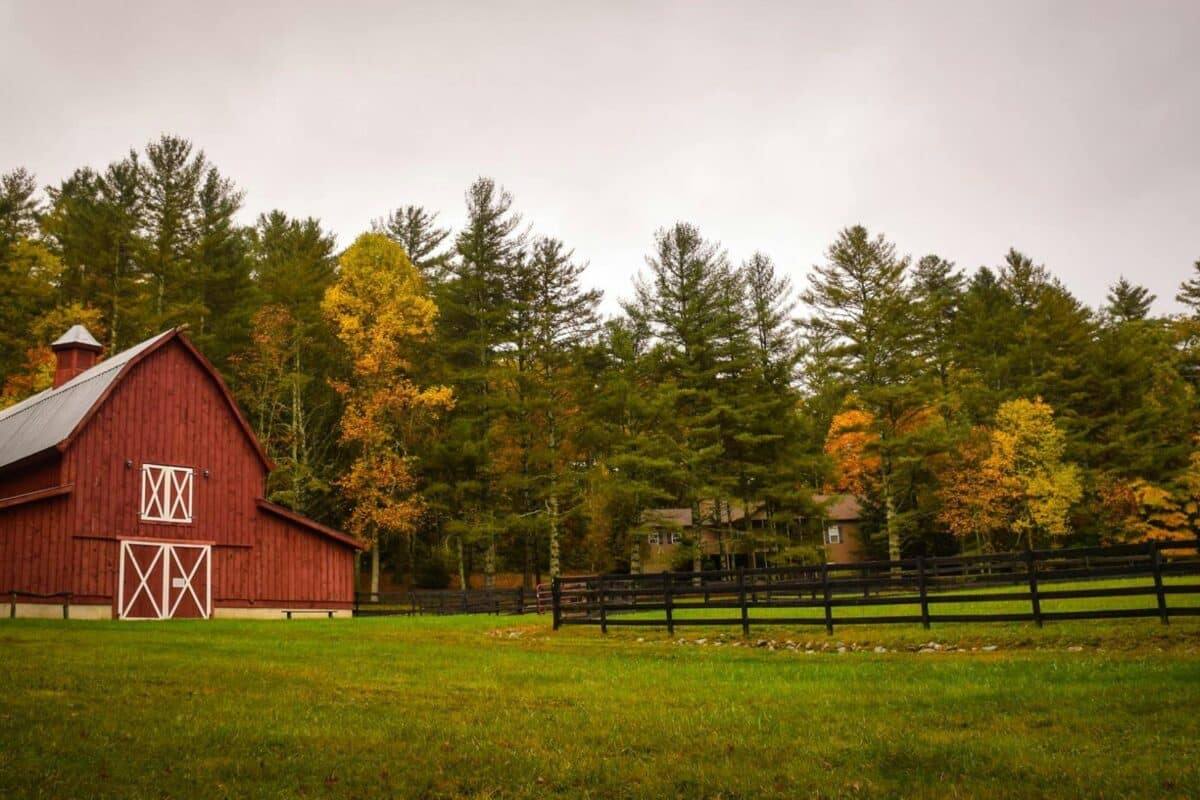 Mark left when the snow arrived. He’d shown up in Scranton last spring, his California tan ruddied from his time on the streets, his hard luck story on a constant loop. Each week he bore a new battle wound: his arm in a cast, his neck in a brace, a sprained ankle, a bum knee. The doctors in Scranton, he said, refused to prescribe enough painkillers. He was always drunk by sunset.
Mark left when the snow arrived. He’d shown up in Scranton last spring, his California tan ruddied from his time on the streets, his hard luck story on a constant loop. Each week he bore a new battle wound: his arm in a cast, his neck in a brace, a sprained ankle, a bum knee. The doctors in Scranton, he said, refused to prescribe enough painkillers. He was always drunk by sunset.
I handed Mark two dollars a day, considered inviting him to my home for lunch. I thought of Andy, a young homeless man who spent his days sleeping under a eucalyptus tree in San Francisco’s Lafayette Park. My dogs had befriended him and, by proxy, so had I. Andy refused money, so I brought him a piece of luggage for his belongs, sweatshirts left behind by my ex-boyfriends, an old iPod. Andy had been a landscape artist, he said. He lost his rent-controlled apartment when the landlord reclaimed it to house one of his children. Andy couldn’t afford market San Francisco rents, and because he had no home, he lost his job. I tried rallying him, wrote his resume, put him in contact with one of my friends who owned a landscaping business. Each day, he had a new excuse for why he didn’t follow up. I called his cell phone to invite him to Thanksgiving dinner. He never returned my call. Two weeks later, I moved to my condo on Buena Vista Park, and avoided befriending the homeless population there.
Andy didn’t seem like the typical homeless person, which is to say, he didn’t seem too crazy to work. He chose Lafayette Park as his home base because he could wash up in the public restroom there; he always smelled like Irish Spring. I’d never seen him drunk. My friendship with him was uneasy. Andy scared me, reminding of the tenuous nature of my own financial security. If I lost just one steady client, my entire financial house of cards could collapse. Andy made me aware of how once life spirals out of control, it can seem impossible to wrangle it back to manageability.
Gloria works at the Rite Aid down the block from my apartment. She earns $8 an hour, spends $150 a week on childcare, nets barely enough money to buy groceries. She would not survive, she tells me, without her boyfriend, who pays their rent. She describes him using words I used to describe my collie: loyal, dependable, protective, good-natured. I suspect Gloria doesn’t have the luxury of being with a man for love alone.
I often think of my college magazine writing professor, my mentor who warned me: You’ll never make any money writing. Thank God this is not my story, but I can’t help wondering how many of us grow up expecting to struggle, expecting never to have enough money to live well. One of my clients is writing a book about revolution. The masses, he insists, must wrestle the wealth away from the one-percent. I disagree. The masses, I think, must be willing to change the way we think. We must be willing to believe we deserve to thrive, that life isn’t a battle we are destined to lose.
Being back in my hometown has reawakened my inner teenager. My addiction to self-help books began during my senior year of high school. For anyone struggling to create the life they want, I can suggest a book that has pulled me out of despair again and again: The Game of Life and How to Play It, by Florence Scovel Shinn.



What to do about the homeless is so difficult. No one has the answer. Individual problems that need so much more than just money.